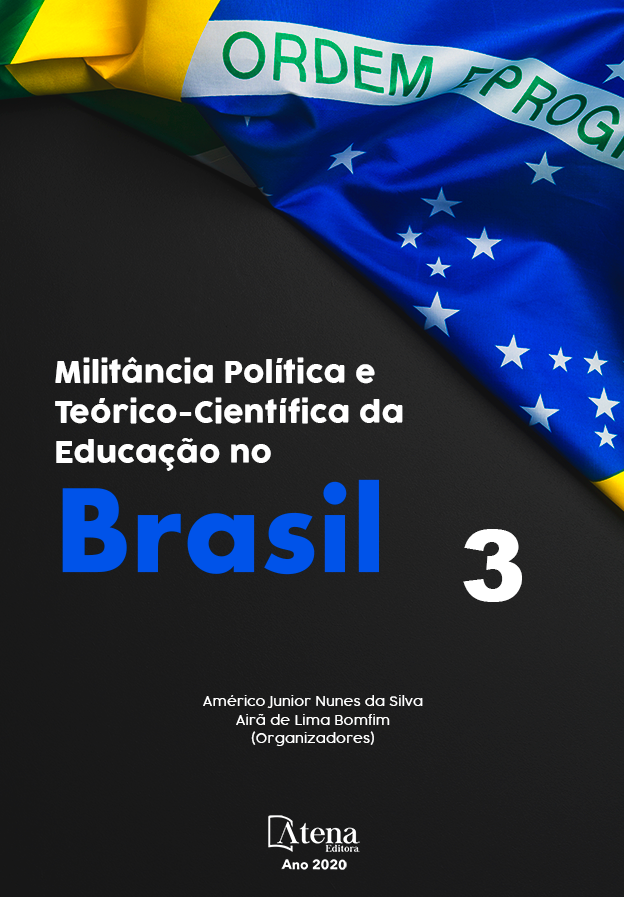
A AULA DE CAMPO COMO IMERSÃO DA REALIDADE LOCAL NO ENSINO DE CIÊNCIAS SOCIAIS E AMBIENTAIS
O presente trabalho retrata uma pesquisa de campo a qual buscou trazer para a luz do conhecimento um estudo sobre a cultura dos povos caiçaras no tocante ao modo de viver, pensar, sentir, agir e ser. Substanciado por uma abordagem dialógica entre etnografia e a pesquisa-ação, os estudos aqui desenvolvidos trouxeram à tona aspectos que corroboram uma educação ambiental, que não está alienada e nem formatada nas limitações físicas e intelectuais centradas no sistema metodológico tradicional de uma sala de aula. A vivência com a cultura caiçara possibilitou uma amplitude nos conhecimentos que giram em torno dos aspectos histórico-culturais, enfatizando as interações sociais e ambientais que fundamentam a compreensão do bem-viver em relação à integração do homem à natureza. Com isso, este trabalho avivou formas e práticas de abordagens multidisciplinares e interdisciplinares, que auxiliam em um procedimento mais profícuo no tocante ao processo de ensino-aprendizagem. Fica notório que os resultados obtidos na pesquisa se inclinam para uma construção de saberes, que se ramificam em conceitos e sentimentos que estão muito além dos fundamentos teóricos registrados nos livros didáticos. Portanto, este estudo é de suma importância para pesquisadores, professores, alunos ou pessoas que buscam, através de uma interação, compreender e aprofundar os seus estudos na complexidade de representações que substanciam a tradição da cultura caiçara e toda a sua singularidade.
A AULA DE CAMPO COMO IMERSÃO DA REALIDADE LOCAL NO ENSINO DE CIÊNCIAS SOCIAIS E AMBIENTAIS
-
DOI: 10.22533/at.ed.9862026106
-
Palavras-chave: cultura, caiçara, Educação Ambiental.
-
Keywords: Culture, Caiçara, Environmental Education.
-
Abstract:
The present work shows a field research which sought to bring to the light of knowledge a study about the culture of caiçara people in the way they live, think, feel, act and be. Substantiated by a dialogical approach between ethnography and research, the studies developed here have brought to light aspects that corroborate with an environmental education that is not alienated or formatted in the physical and intellectual limitations centered on the traditional methodological system of a classroom. The experience with the caiçara culture made possible an amplitude in the knowledge that revolves around the historical-cultural aspects, emphasizing the social and environmental interactions that underlie the understanding of the well-living in relation to the integration of man and nature. Thus, this work has enlivened forms and practices of multidisciplinary and interdisciplinary approaches, which help in a more fruitful procedure regarding the teaching-learning process. It is noteworthy that the results obtained in the research are inclined towards a construction of knowledge that is ramified in concepts and feelings that are well beyond the theoretical foundations recorded in textbooks. Therefore, this study is of paramount importance for researchers, teachers, students or individuals who seek, through an interaction, to understand and deepen their studies in the complexity of representations that substantiate the tradition of caiçara culture and all its singularity.
-
Número de páginas: 10
- Alan Carter KULLACK
- Luiz Fernando de Carli Lautert
- INDIAMARA HUMMLER ODA


